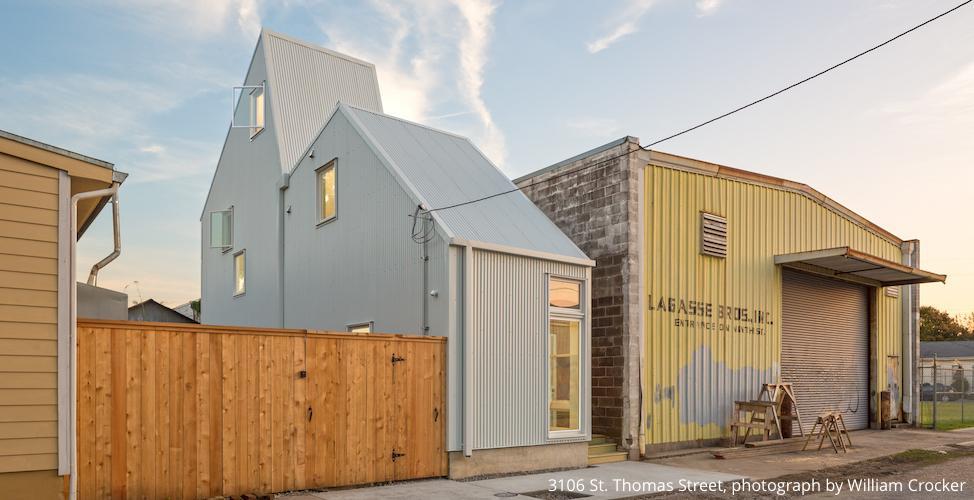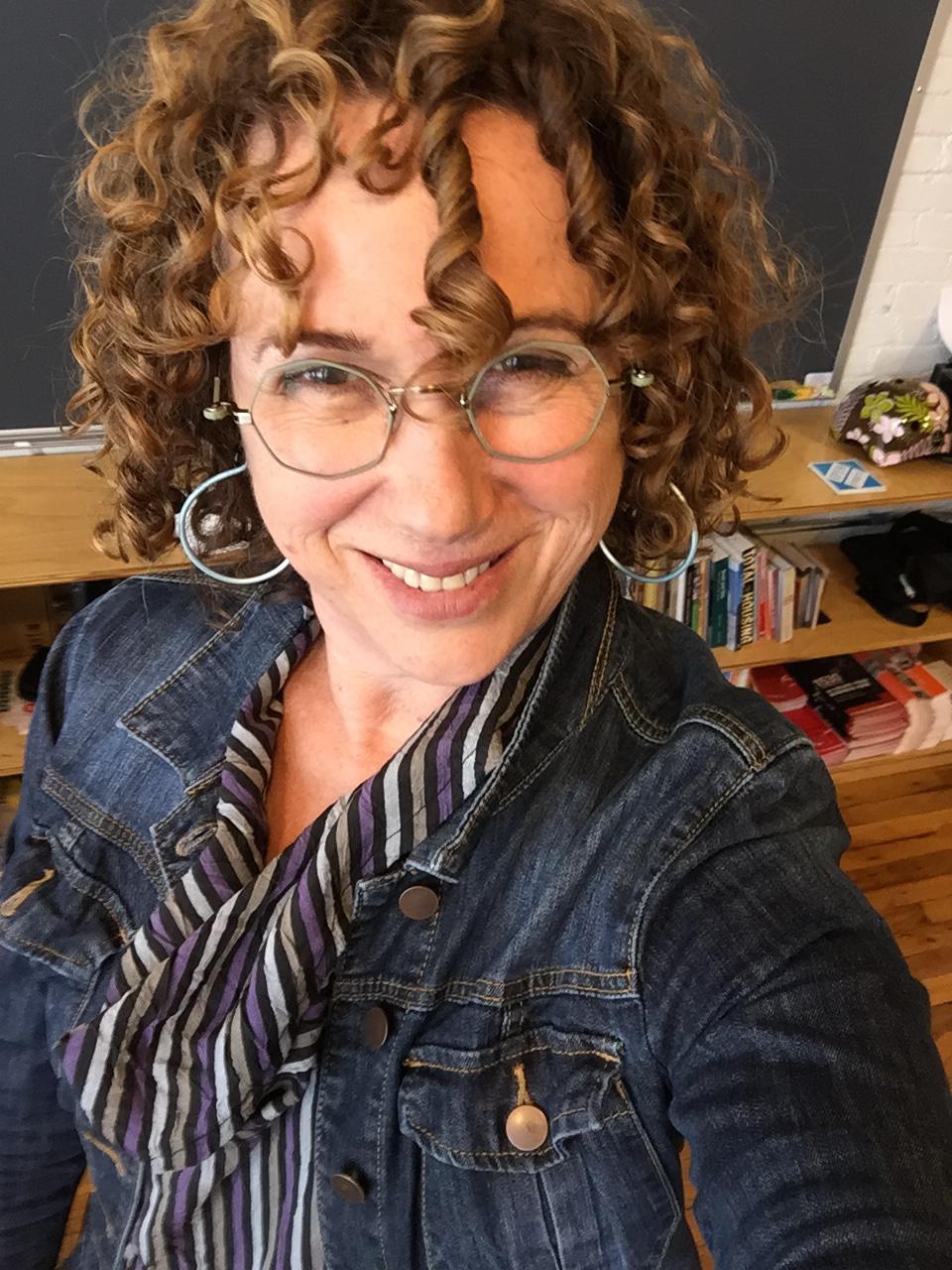Small Change, Big Impact: Using Crowdfunding to Invest in Neighborhoods
Small Change founder Eve Picker wants everyone to be able to invest in urban renewal — and reap the rewards.
Throughout 2018, we will be celebrating today’s new class of reinventors, inspiring people who defy convention while redefining their impact on our world. From city planners to philanthropic entrepreneurs, artists and more, we are spotlighting interesting people doing amazing acts of reinvention.
To understand the genius behind Eve Picker’s startup, Small Change, it’s helpful to look at a neighborhood from a banker’s perspective, and to think back to 2002. An Australia-born urban designer and architect, Picker had her eyes on a crumbling 19th-century bank building in Pittsburgh’s struggling East Liberty neighborhood, which was dotted with vacant buildings and neglected storefronts. The old neo-Romanesque tower was hollowed out, with nothing much left but the walls — and one of them sported a gaping hole. But Picker believed that once the century-old building was rescued and renovated, it would anchor a revitalized East Liberty. She saw possibilities. Bankers, operating under a thicket of regulations, saw risk.
Over the course of a decade, Picker managed to save the building and is remaking it into co-working spaces. It's now part of the newly trendy East Liberty — a destination for shoppers and diners. Getting there wasn't easy, though. To make good on her vision, Picker had to stitch together 12 different sources of funding. It was a long and torturous effort.
Picker’s funding ordeal sparked a plan to reinvent financing for urban-renewal projects. Her three-year-old crowdfunding startup, Small Change, gives small investors everywhere a chance to put their money behind urban construction projects and reap the rewards.
There are some conditions: Each development project, whether it’s single family homes in New Orleans or apartments in Los Angeles, must satisfy Small Change’s exacting criteria for livable cities. These range from bikeable neighborhoods to potential for job creation.
Picker's reinvention, it turns out, not only taps the power of crowdfunding to finance such projects but also raises big questions for the the future of American cities. With rapid urbanization shaping — and reshaping — cities around the globe, a whole host of novel approaches will be needed to ensure we’re creating neighborhoods that are livable and workable.
At the heart of the Small Change funding engine are three indices around mobility, sustainability and economic vitality. An ideal residential project, for example, might be within a mile of fresh food, close to public transit and bike paths, affordable and powered by solar panels. These features reflect a vision for American cities in the 21st century, which sets Small Change apart from the handful of other urban crowdfunding sites, including Fundrise and PatchOfLand. Each potential Small Change project is scored on 19 qualities within those three areas.
Small Change's goal is not to accept the status quo but to prod American cities toward what they could become. “We have to stick to the metrics,” Picker says. “They keep us on our mission.”
To date, Small Change has raised more than $1 million in investments, enough to fund its first six projects. The first one for small investors closed in July 2017. It raised $95,000 for two starter homes in Milan, a transitioning inner-city neighborhood in New Orleans.
Still, Small Change’s inclusive fundraising model poses unique challenges. The crowdfunding rules, designed to protect millions of unsophisticated investors, bar the company from communicating upcoming offerings. The intent is to give every potential investor an equal chance, but it makes promotion difficult. Developers, for instance, can’t talk about the terms of an offering, ever, even after it's on the site. The most a developer can do is speak generally about the fact that crowdfunding for a specific project is happening at Small Change’s site.
Since each project is unique, investors’ potential payoff can differ from offering to offering. "We don’t raise funds for projects that can find those funds through more traditional sources," says Picker. "The projects we raise funds for tend to be those left behind by banks because they are unique, or first of their kind.” In some deals, investors get equity in the project; in others, the investments are loans, with different types and schedules of returns.
But the goal is the same: to let everyday people invest in real estate projects that change cities and neighborhoods for the better. And, true to form, one of the investors in the New Orleans starter-home project lives right across the street from the site. He put in $500. In Eve Picker’s vision of reinvented cities, neighbors like that are the new urban-development banks.
Watch Eve Picker discuss her approach to revitalizing cities in her talk at TedXCMU.



